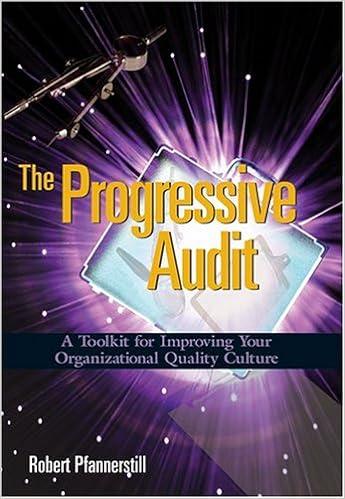Question
In this case, you will notice that past prices impact current demand. This is because consumers have certain reference prices in their mind and compare
In this case, you will notice that past prices impact current demand. This is because consumers have certain reference prices in their mind and compare the observed price with the reference price. If the reference price is higher than the observed price, i.e., consumers perceive a gain, they are more likely to buy the product; on the other hand, if the reference price is lower than the
observed price, i.e., consumers perceive a loss, they are less likely to buy. This illustrates the impact of reference prices on demand. The question is, how should firms price their products over time by taking into consideration such reference price effects.
Objective: Maximize the total profit over 10 weeks (no need to include discounting of cash flows since these are just weeks). Assume zero fixed costs.
Decision Variables: Prices in each week Model: St = a b(pt) + g(rt - pt), where, g = , if rt > pt (gain situation) else g = (loss situation).
St = Unit Sales in week t pt = Price in week t rt = reference price at the beginning of week t = pt-1 + (1-)(rt-1)
The parameter lies between 0 and 1 such that = 1 implies a one-period memory, i.e., rt = pt-1, in other words, consumers only remember the last weeks price. < 1 suggests that prices from
many of the past weeks impact current reference prices such that prices in more recent weeks have more weight than prices in less recent weeks.
Assume the following parameter values:
a = Intercept = 1 b = Price Sensitivity = 0.2 Unit marginal cost, c = 0.5 Memory parameter = =
Reference price at the beginning of week 1, i.e., r1 = 2.50 Please provide (i) the optimal prices over time and (ii) the maximized profit for each of the
following two cases. Case 1: gain parameter, = 0.25 > loss parameter, = 0.1
Case 2: gain parameter, = 0.1 < loss parameter, = 0.25
In Solver, the GRG Solver will not be able to solve the above reference price problem accurately because the problem has the following characteristics and these lead to local optima in typical hill climbing algorithms used by the standard GRG Solver:
There is a dynamic relationship between each period.
There is a kink (gain versus the loss parameters) in the objective function.
I need step by step approach on how to use GRC SOLVEr and solve
Step by Step Solution
There are 3 Steps involved in it
Step: 1

Get Instant Access to Expert-Tailored Solutions
See step-by-step solutions with expert insights and AI powered tools for academic success
Step: 2

Step: 3

Ace Your Homework with AI
Get the answers you need in no time with our AI-driven, step-by-step assistance
Get Started


